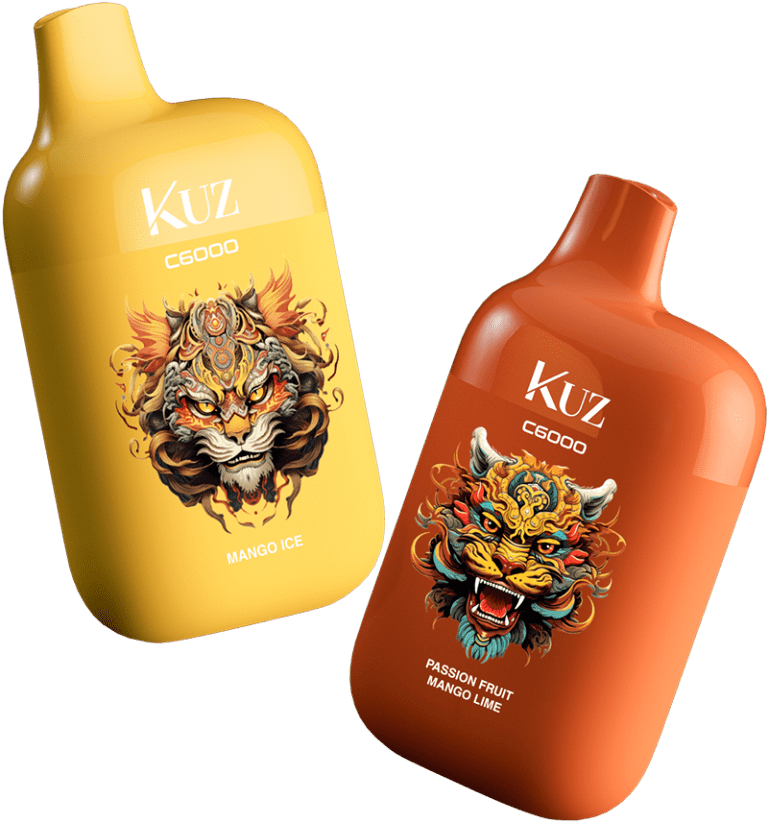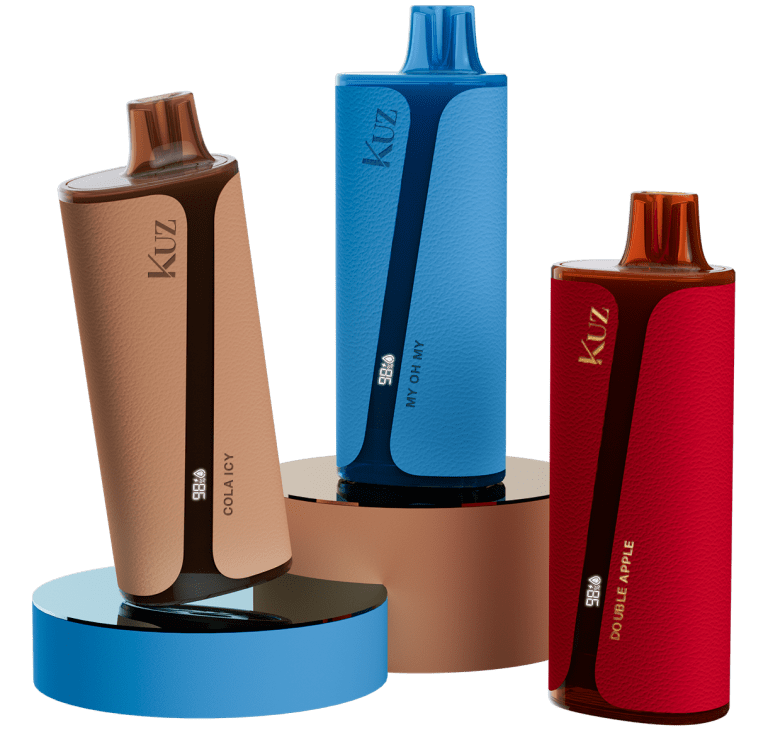As winter approaches, vapers may wonder whether their vape juice can freeze and what happens if it does. The short answer is yes—vape juice can freeze, but the specifics are more nuanced. Understanding how cold temperatures affect your e-liquid can help you maintain the quality of your vape and prevent issues during the colder months.
What Is Vape Juice Made Of?
Vape juice, or e-liquid, primarily consists of two main ingredients: propylene glycol (PG) and vegetable glycerin (VG), along with nicotine (optional) and flavorings. Each of these components has a different freezing point, which influences the behavior of the e-liquid in cold environments.
- Propylene Glycol (PG): PG has a freezing point of approximately -59°C (-74°F). This low freezing point makes it highly resistant to freezing under normal circumstances.
- Vegetable Glycerin (VG): VG freezes at a higher temperature of about -38°C (-36°F), which can make high-VG e-liquids more susceptible to thickening in colder weather.
- Nicotine and Flavorings: These components typically freeze at much lower temperatures, around -80°C (-112°F) for nicotine, and are less likely to affect the e-liquid’s overall freezing point.
When Does Vape Juice Freeze?
Given the freezing points of its components, vape juice generally doesn’t freeze in typical household freezers, which usually operate at around -18°C (0°F). However, in extremely cold environments, such as leaving your vape in a car overnight during winter, the e-liquid may begin to thicken or even become slushy. This thickening is due to the partial freezing of VG or the separation of ingredients, which can cause issues with vaping.
Effects of Freezing on Vape Juice and Device Performance
When vape juice freezes or thickens, it can lead to several issues:
- Wicking Problems: The thickened liquid may not properly wick into the coil, leading to dry hits or burnt flavors. This occurs because the e-liquid fails to absorb efficiently into the coil’s cotton, which is crucial for smooth vaping.
- Reduced Flavor and Nicotine Delivery: Cold temperatures can mute the flavors in your vape juice and reduce the effectiveness of nicotine delivery, as the chemical reactions required to release these elements are hindered.
- Potential Device Damage: Vaping with semi-frozen e-liquid can strain your device, especially the battery, as it requires more power to heat the thicker liquid. This can reduce battery life and even damage the device over time.
How to Prevent Your Vape Juice from Freezing
To avoid the hassles associated with frozen vape juice, follow these simple tips:
- Store Your Vape Properly: Keep your vape and e-liquid at room temperature, especially during winter. Avoid leaving your device in a car, garage, or other cold places overnight.
- Use an Insulated Case: If you must take your vape outdoors in freezing weather, consider using an insulated case to keep it warm and prevent the liquid from thickening.
- Thawing Frozen E-Liquid: If your e-liquid does freeze, allow it to return to room temperature gradually. Avoid using extreme methods like boiling water or microwaves, as these can damage the liquid and your device.
Conclusion
While vape juice can freeze under extremely cold conditions, understanding the science behind it and taking preventive measures can help you avoid any disruptions to your vaping experience. Proper storage and care during winter are essential to ensure that your e-liquid remains in optimal condition, allowing you to enjoy a smooth and flavorful vape, no matter the weather.



